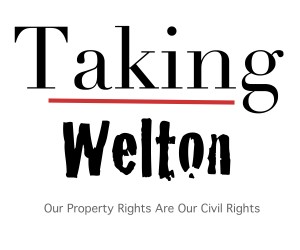The Radical Case for Cities Buying Sports Teams, not Sports Stadiums
“When the Washington, D.C. city council unanimously approved spending $183 million in cash and tax breaks on a new stadium for D.C. United earlier this month, reactions were split, to say the least. Some in the media celebrated a long-awaited deal to give the 18-year-old Major League Soccer franchise its own soccer-specific stadium for the first time as crucial to keeping the team from leaving the District, while revitalizing an underdeveloped neighborhood. Others (including, yes, me and VICE’s Aaron Gordon) pointed to the fact that this would be the largest public subsidy ever for an MLS franchise, that the company that wrote the economic impact report later admitted that its rosy estimates were overblown, and that soccer stadiums have never been known to revitalize squat, anyway.
And then there were those who wondered: for $183 million, wouldn’t it have been cheaper for D.C. to skip the stadium and just buy the team?”
It’s an especially cogent question with D.C. United, since MLS teams haven’t historically come with crazy high price tags. Indonesian media mogul Erick Thohir and sports-agent-turned-NBA-exec Jason Levien paid $30 million for 60 percent of the team two years ago, putting the valuation of the whole franchise at a then-MLS-record $50 million. Yes, some teams have changed hands for more since then—most notably, the owners of Manchester City paid $100 million for the rights to an expansion New York franchise, NYC F.C., that will begin play next spring. But even then, for what it’s paying for a stadium, D.C. could have gotten the whole team and all its future revenues, plus had enough left over for either David Luiz or for keeping 5,000 city residents from becoming homeless, take your pick.
Vice Sports 29 December 2014.
